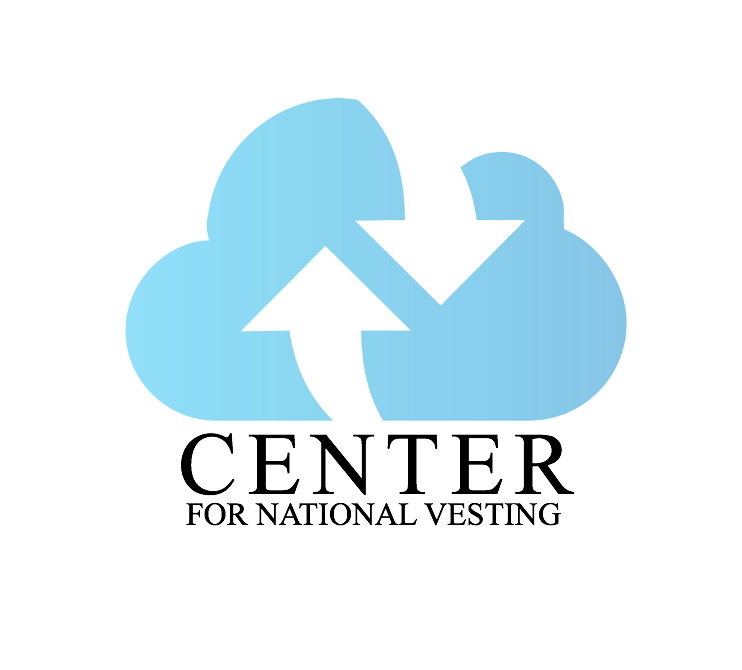A vested economic plan offers lasting impact
On paper, the jobs report for July shows hope. According to The New York Times, the unemployment rate dipped to 5.4 percent in July, compared to 5.9 percent in June.
It even prompted one economist to declare that even the rise of the Delta variant is no match for the strong report.
“This is a great report, very solid in terms of job growth, wage growth and the decline in the unemployment rate,” said Gus Faucher, chief economist at PNC Financial Services in Pittsburgh. “I don’t see the Delta variant derailing the recovery.”
It’s true that the economy is improving. As the story noted, it was “the best monthly performance since August 2020” fueled in part by gains in jobs in local government, leisure and hospitality, and professional services.
But the economy is not played out on paper. Rather, it’s reflected in employers’ and employees’ perceptions of future economic activity. And lately, that perception is causing a lot of angst and uncertainty.
Another story in the Times offered a reminder of some of the challenges. “The share of the adult population working remains 1.7 percentage points below its prepandemic level. And the labor force participation rate barely edged up in July,” the story stated.
But rest assured there is a viable solution.
Clearly more can be done, and the Center for National Vesting can make a difference. We believe the first step is to create a livable wage with vested economics. In a vested economy, as we’ve noted before, everyone earns a livable wage. No one is left behind. No one is underpaid.
And just what is a vested economy? Well, a vested economy is one in which the market surplus is distributed to the individual laborers who produce the surplus through an equitable process. Individuals become vested by successfully completing one or more requirements. For instance, a person can be vested by completing an educational requirement or serving in the military.
Vested economics is like a sponge. It absorbs an economy’s excess supply of goods and services and a National Vesting distribution mechanism apportions that excess back to its producers in an equitable manner. This means that no one must earn a poverty wage ever again.
We’re thrilled to see the economy is approving. We just think that a more cohesive economic strategy can be a difference maker to millions of American workers.

